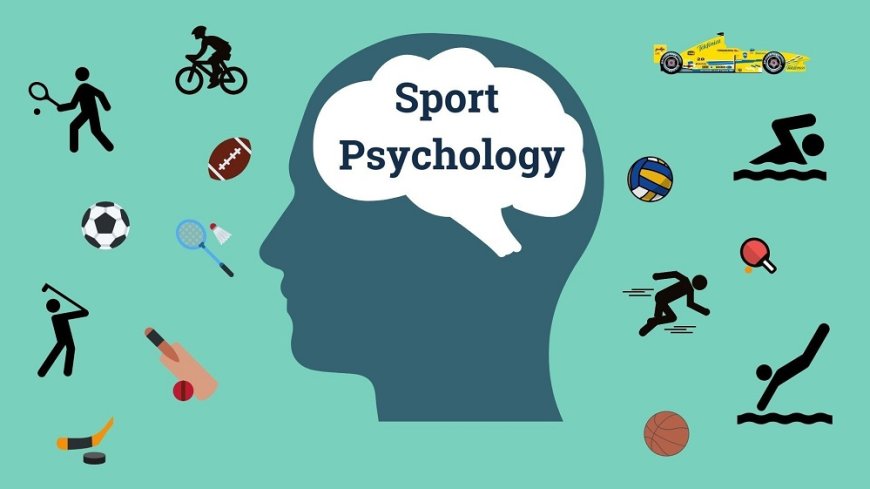4 ways sports psychology is key to performance
today we have many reasons to consider psychological training. 4 ways sports psychology is key to performance.

Many athletes still resist working the mental part. However, today we have many reasons to consider psychological training. 4 ways sports psychology is key to performance.
When talking about performance, keep in mind that sports psychology is key to success. However, it is not always given the recognition it deserves. This is an error, and then we will tell you why.
The historical trend is that more attention is paid to the physical or technical part than to the psychological one. Despite this, sports psychology is a discipline with more than 100 years of existence and application, so the causes of its ignorance have nothing to do with it being a new discipline.
Rather it has to do with the stigma surrounding mental health. Many athletes are reluctant to talk about emotional distress in case it means they have a mental disorder. This is not like that at all; bad times happen to anyone and have a solution thanks to psychology.
4 benefits of sports psychology for performance
To start using this valuable tool in the field of sports, all you need to do is gather the courage to take the first step. Next, we will see how sports psychology is key to performance.
- Helps to find the optimal level of activation
During matches and competitions, it is essential that the athlete finds the right level of activation, this is neither too nervous nor excessively calm. Generally, people tend to get nervous before an important event, and this is not bad per se. The problem occurs when those nerves cause you to lose control, and therefore, performance is impaired.
It is a pity that because of an aspect that can be worked on, the work of months or years is ruined. Sports psychology can contribute a lot in this regard, since one of the main interventions consists in knowing what activation is and reducing it through relaxation techniques.
- Increase group cohesion
It cannot be forgotten that group psychology adds a lot of value to team sports. Thanks to this tool, it is possible to work on variables such as cohesion and communication between players. A cohesive team is a team that works in a united and organized way to achieve a common goal, which is often synonymous with sporting success.
Must Read: FlyTrap “ Android malware infects Facebook accounts
Physical Education and Sports carried out with semi-professional soccer players, cohesion is significantly related to group effectiveness and performance. In addition, to promote it, it is necessary to take into account the confidence that the players have in the abilities of the group.
- Improves instruction and technique acquisition
A little-known facet of sports performance psychology is the association with technique. The union of both components results in a very positive synergy.
In particular, psychology can teach coaches how to convey their knowledge more effectively. Many coaches have a great deal of knowledge about the sport, but something goes wrong in the process when it comes to transmitting them and the athlete is not able to understand them.
Also interesting are the practical applications of behavioral psychology. This includes when to give rewards, punishments and how to gradually teach the behaviors, especially to younger athletes.
- Helps recover after injury
Injuries are, on many occasions, something unavoidable when one is an athlete. Accidents, not warming up enough and not having the right footwear are very important factors that cause them, among many others, including not having good mental preparation.
Sports psychology is useful in both prevention and recovery after suffering an injury, the following factors are highlighted that increase the athlete's vulnerability to injuries:
- Precompetitive anxiety.
- Environmental and personal stress.
- Lack of self-confidence.
- Motivation deficits.
Performance is not understood without sports psychology
Performance in sport can be interpreted as a combination of 4 essential pillars: physical, tactical, technical and psychology. Success is not determined because there is a lot of one, but by the balance between the four.
More and more athletes of all competitive levels are convinced by psychology and incorporate this work into their daily training. In the end, that should be the goal: that mental work is seen as natural and essential as the rest.
